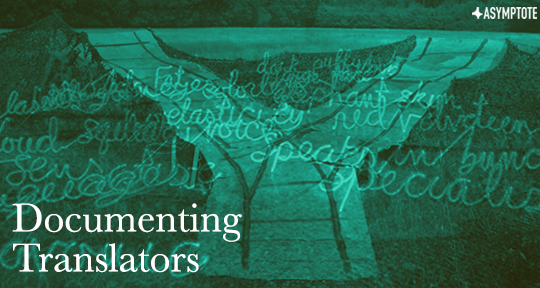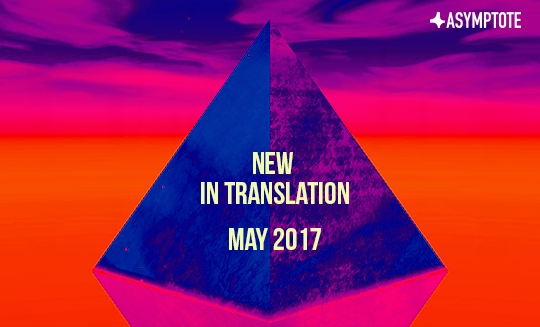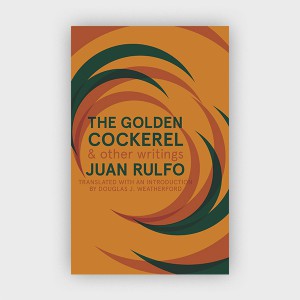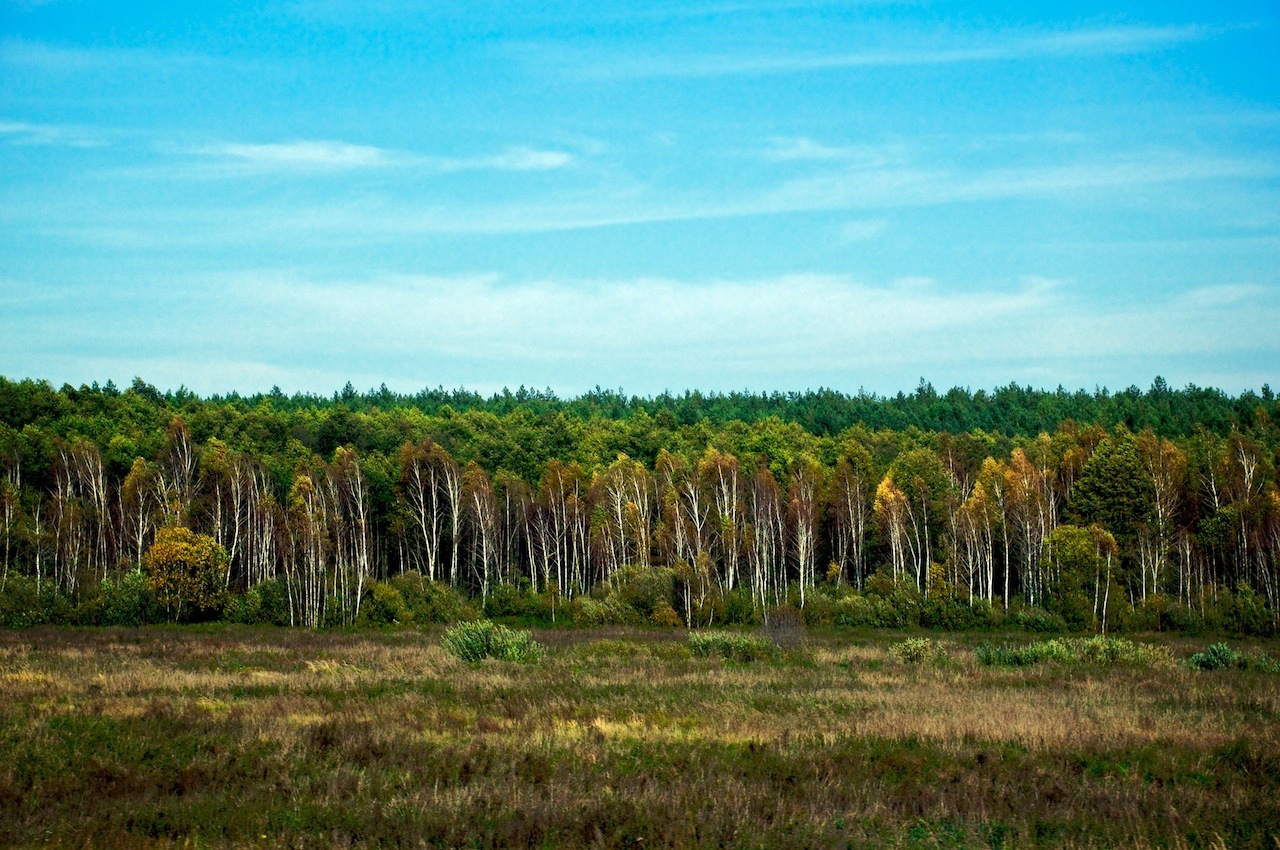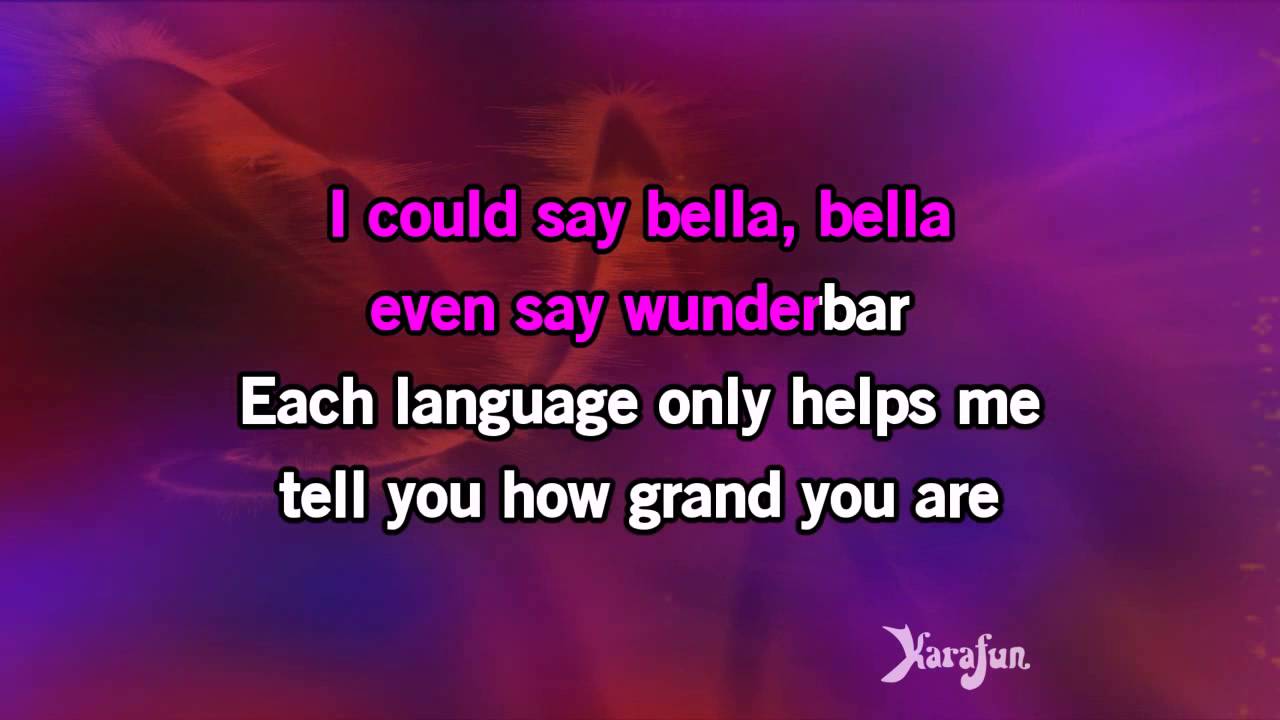As we welcome the New Year in, join our Editor-in-Chief, Yew Leong, and one of our Assistant Managing Editors, Janani, as they review the latest in world translation news. From the trials and tribulations faced by indigenous languages to new literary journals and non-mainstream literature, there’s plenty to catch up on!
Lee Yew Leong, Editor-in-Chief:
Though it was actually in 2016 that the UNESCO declared this year, 2019, to be the Year of Indigenous Languages, recent unhappy events have revealed how of the moment this designation has proven to be. A 7-year-old Guatemalan girl who was unable to communicate how sick she was died while in U.S. Border Patrol Custody—only one of several thousands of undocumented immigrants who speak an indigenous language like Zapotec, Mixtec, Triqui, Chatino, Mixe, Raramuri, Purepecha, or one of many Mayan languages, according to The Washington Post. Jair Bolsonaro, the new Brazilian president who has made insulting comparisons of indigenous communities living in protected lands to “animals in zoos,” wasted no time in undermining their rights within hours of taking office and tweeted ominously about “integrating” these citizens. On a brighter note, Canada will likely be more multilingual this year as the Trudeau administration looks set to enforce the Indigenous Languages Act before the Canadian election this year. The act will not only “recognize the use of Indigenous languages as a ‘fundamental right,’ but also standardize them,” thereby assisting their development across communities. Keen to explore literary works from some of these languages? With poems from indigenous languages ranging from Anishinaabemowin to Cree, Asymptote’s Fall 2016 Special Feature will be your perfect gateway to literature by First Nations writers.


